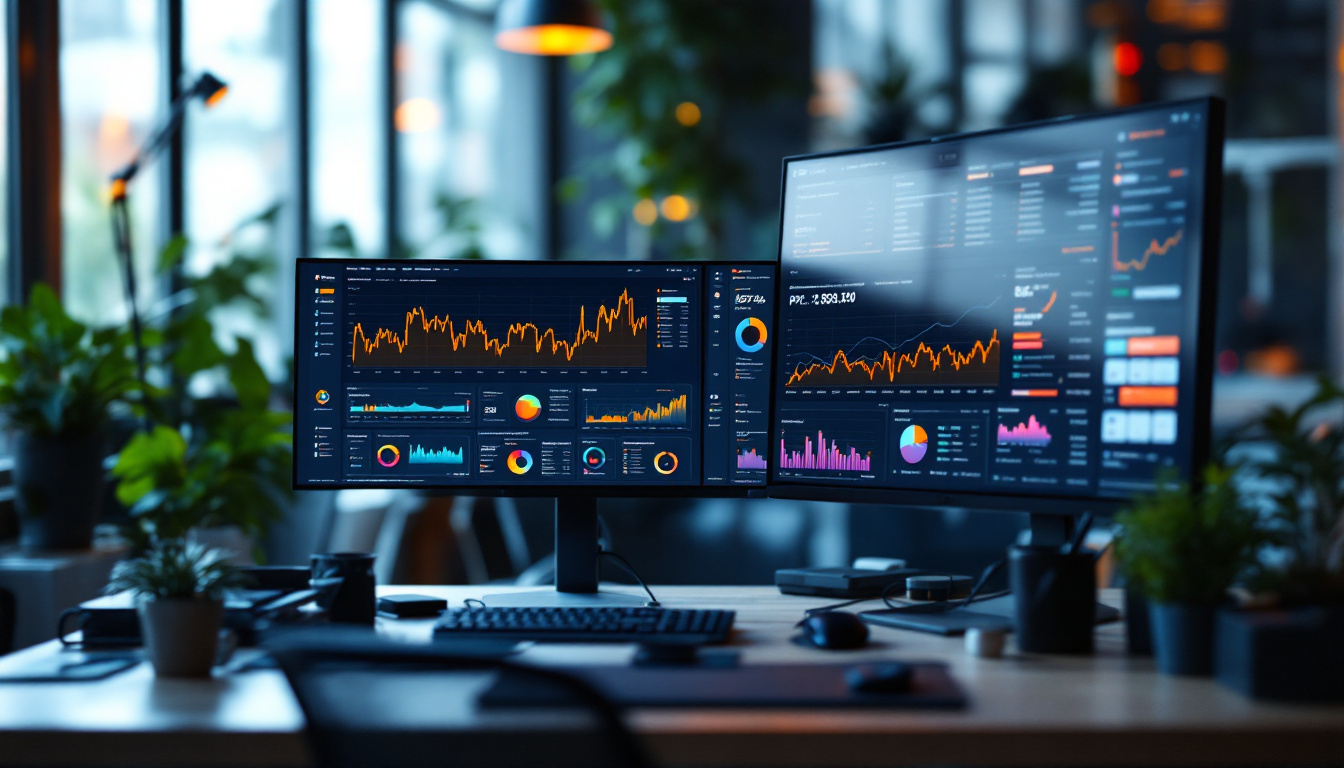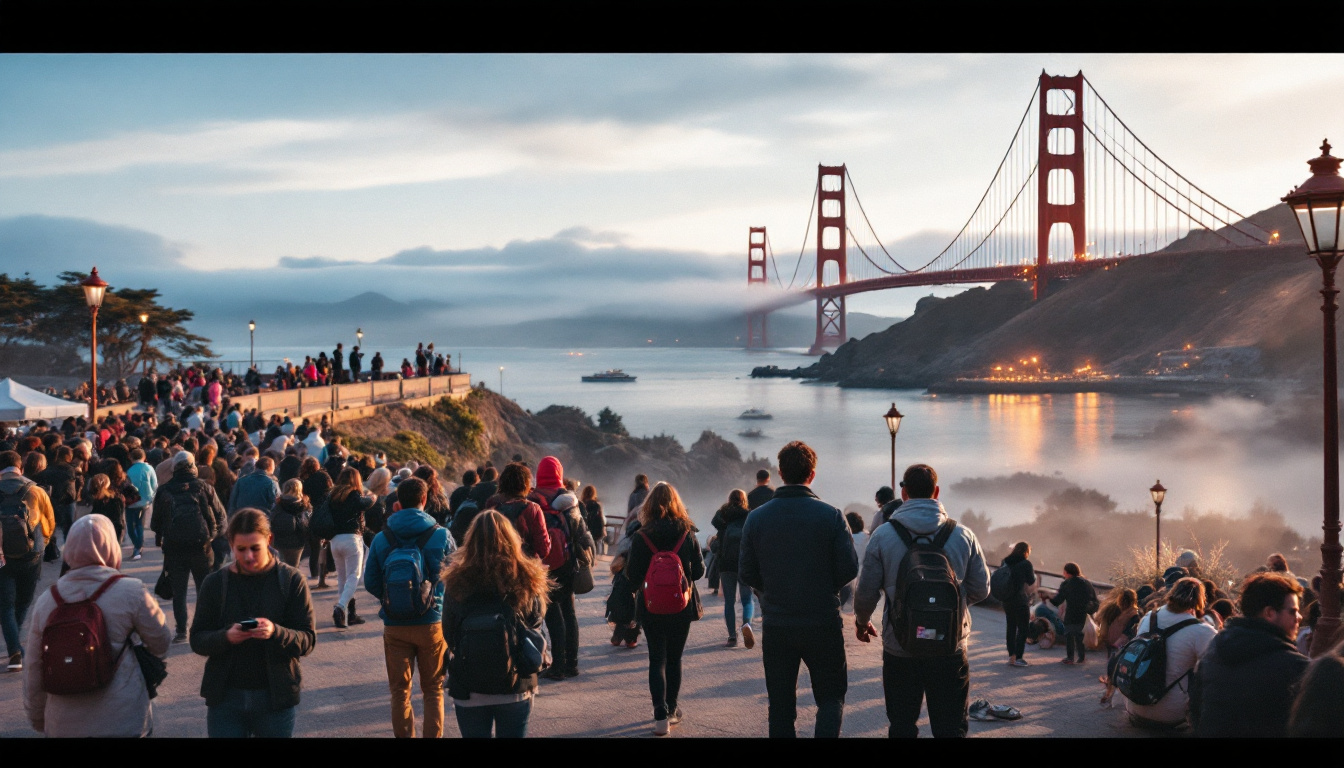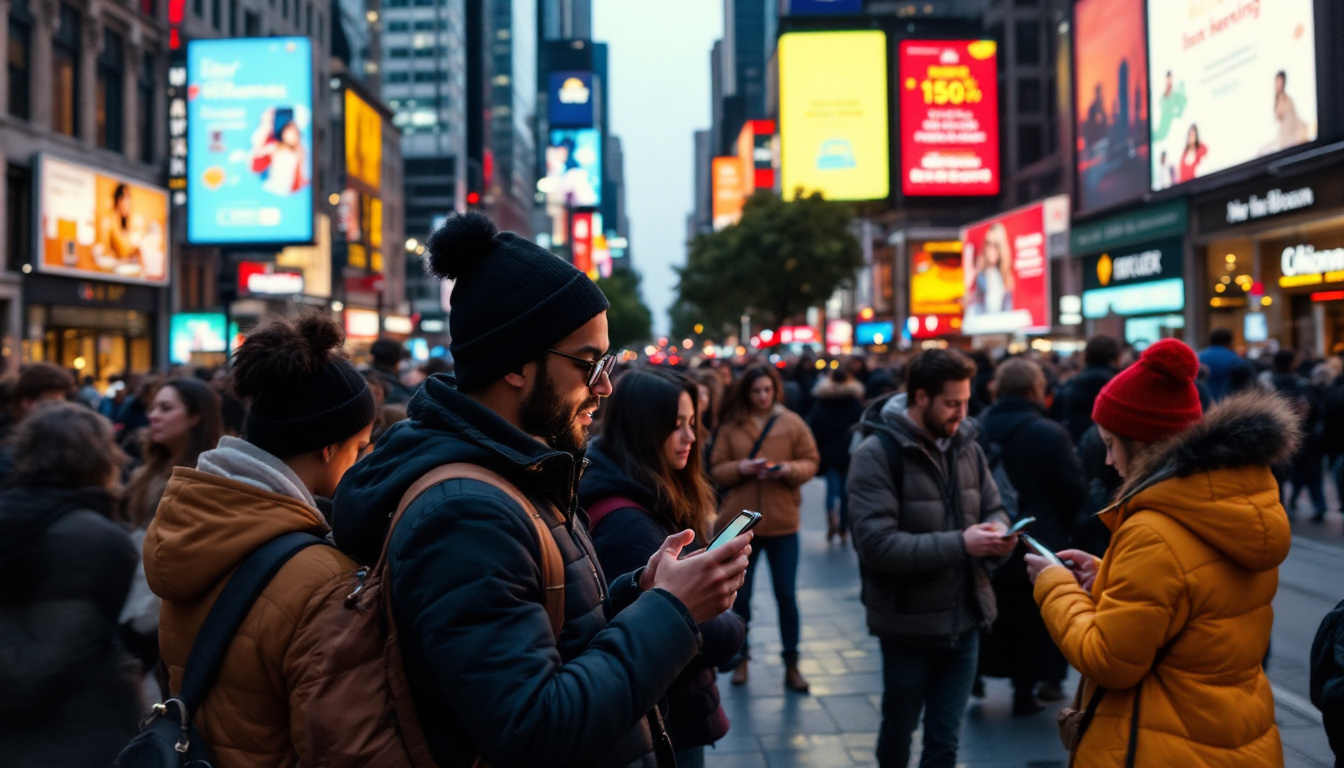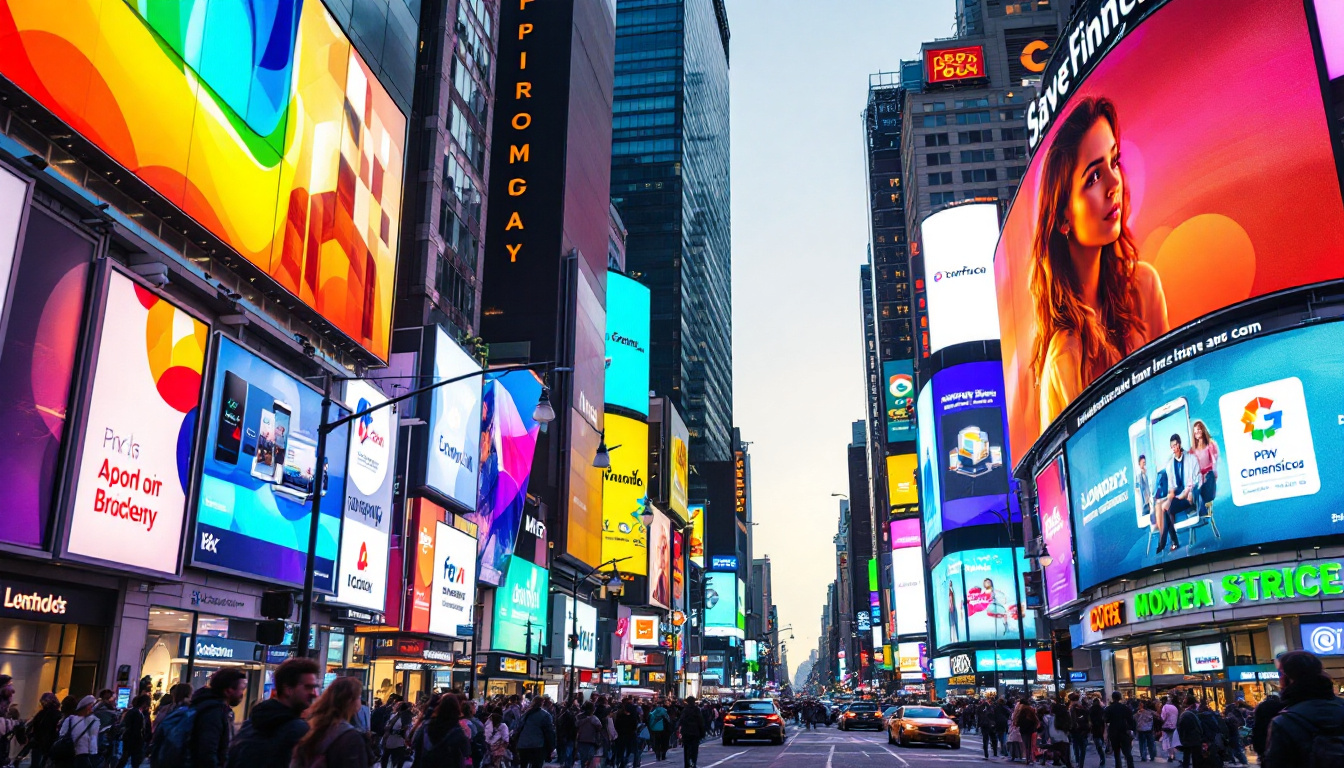What San Francisco, CA Businesses Should Know About Google Ads Updates

In the dynamic world of digital marketing, staying updated with the latest changes in platforms like Google Ads is crucial for businesses aiming to thrive in the competitive landscape of San Francisco. As Google continues to enhance its advertising offerings, understanding these updates can significantly impact your business strategy and return on investment (ROI). This article explores the latest updates in Google Ads, their implications on pay-per-click (PPC) strategies, and offers guidance on adapting campaigns to harness new features.
Understanding the latest Google Ads updates
The realm of Google Ads is continually evolving, with frequent updates enhancing user experience, performance tracking, and targeting capabilities. Recent changes have introduced features like Performance Max campaigns, which allow advertisers to access all of Google's inventory from a single campaign. Additionally, improvements in Smart Bidding technologies and ad formats enable businesses to serve more relevant ads based on user behavior.

Another significant update has been the increased integration of machine learning and artificial intelligence. These technologies help automate bidding strategies and optimize ad placements, making them smarter and more efficient. For San Francisco businesses, these advancements can help streamline campaigns and maximize visibility in a densely populated ad space. With the growing competition in digital advertising, leveraging these innovations can mean the difference between a successful campaign and one that falls flat.
Key components of recent updates
Several key components characterize the recent changes in Google Ads:
- Performance Max Campaigns: They consolidate different ad campaigns, providing a single platform for managing various ads across Google's network.
- Enhanced AI Integration: With new algorithms, ads can now be optimized in real-time based on consumer interactions and conversion data.
- New Ad Formats: The introduction of video and responsive ads offers more engaging ways to reach potential customers.
Staying Informed
For San Francisco businesses, keeping abreast of these updates requires active monitoring of Google Ads communications, such as their official blog and webinars. These resources provide valuable insights into how to effectively leverage new features for maximum benefit. Furthermore, understanding the nuances of these updates can empower businesses to tailor their advertising strategies to meet specific goals, whether that be increasing brand awareness or driving sales conversions.
Subscription to newsletters and participation in local marketing seminars can also be advantageous, ensuring that you remain competitive in a rapidly changing market. Engaging with a community of marketers can facilitate knowledge sharing and foster collaboration, allowing businesses to learn from each other's experiences. Networking with industry peers can also open doors to new opportunities and partnerships, enhancing your overall marketing strategy.
How updates impact your PPC strategy
The updates made by Google Ads can have a profound impact on your PPC strategy. As new tools and techniques become available, businesses must adapt their existing strategies to take full advantage of these enhancements. This adaptability can lead to a more streamlined approach, reduced costs, and improved efficacy in ad placements. Staying informed about these updates is crucial, as they can influence everything from keyword selection to ad copy and targeting options, ultimately shaping the way your audience interacts with your brand.
Automation and AI are particularly influential in reshaping PPC strategies. With Smart Bidding, for example, businesses can consistently optimize bids based on real-time data, which can lead to better ad placements without constant manual input. Consequently, PPC strategies should increasingly factor in these automation tools to stay competitive. Moreover, the integration of machine learning allows for more sophisticated audience targeting, enabling advertisers to reach potential customers who are more likely to convert, thus maximizing return on investment.
Developing a responsive strategy
A responsive PPC strategy is essential in today's digital landscape. This means continuously evaluating campaign performance and being willing to adjust based on the data provided by these updates. Key performance indicators (KPIs) should be regularly reviewed to ensure that your campaigns are driving the expected results. Additionally, understanding seasonal trends and consumer behavior can help refine your strategy, allowing you to capitalize on peak times and adjust your messaging accordingly.
Adopting a test-and-learn approach can also be beneficial, allowing you to experiment with different strategies and formats as you integrate new features into your campaigns. This iterative process not only helps in identifying what resonates best with your audience but also fosters a culture of innovation within your marketing team. By embracing A/B testing for ad creatives, landing pages, and even audience segments, you can uncover valuable insights that inform future campaigns and enhance overall performance. Furthermore, leveraging insights from analytics tools can provide a deeper understanding of user interactions, enabling you to refine your targeting and messaging strategies for maximum impact.
Adapting campaigns to new Google features
Adapting your advertising campaigns to leverage new Google Ads features is crucial for maintaining a competitive edge in San Francisco's bustling business environment. By understanding and implementing these features, businesses can enhance their visibility and engagement with target audiences. One important aspect of adaptation is the ability to utilize Performance Max campaigns to streamline your advertising efforts. These campaigns use machine learning to optimize ad placements across various Google platforms, ensuring that your message reaches potential customers at the right time and place.
Additionally, launching A/B tests can be an excellent way to fine-tune ad creatives and targeting options. This will not only help in yielding better results but also in understanding the preferences of your audience in a city known for its diversity. By experimenting with different headlines, images, and calls to action, businesses can gather valuable insights that inform future marketing strategies and foster a deeper connection with their audience.
Practical steps for adaptation
Here are several practical steps for adapting your campaigns:
- Evaluate current performance metrics to identify areas for improvement.
- Familiarize yourself with new Google Ads features and functionalities.
- Create separate campaigns to test Performance Max against traditional campaigns.
- Regularly review and adjust your strategy based on performance data.
Moreover, consider integrating audience segmentation into your campaigns. By analyzing demographic data and user behavior, you can tailor your messaging to resonate more effectively with specific groups. For instance, targeting tech-savvy millennials with innovative product features or appealing to environmentally conscious consumers with sustainability-focused messaging can significantly enhance engagement rates. Additionally, utilizing Google’s audience insights can provide a deeper understanding of your customers' interests and preferences, allowing for more personalized advertising approaches.
Lastly, don’t underestimate the power of local SEO in conjunction with your Google Ads campaigns. In a city like San Francisco, where local businesses thrive, optimizing your ads for local search can drive foot traffic and increase brand recognition. Incorporating location-based keywords and utilizing Google My Business listings can help ensure that your ads appear prominently when potential customers search for services in their vicinity. This dual approach not only maximizes your reach but also solidifies your presence within the local market.
The role of automation in modern PPC campaigns
Automation has become an integral part of modern PPC campaigns, significantly altering how businesses manage their advertising efforts. Automation tools allow for greater efficiency and effectiveness in reaching target audiences while reducing manual labor. With the rise of AI technology within Google Ads, automation is more reliable than ever. These advanced algorithms analyze vast amounts of data to identify trends and patterns that human marketers might overlook, enabling businesses to make informed decisions quickly and accurately.

Businesses in San Francisco can particularly benefit from automated bidding strategies that adjust in real-time based on user behavior and competition. These adjustments can save time and resources, allowing marketers to focus on creative and strategic aspects of their campaigns. Furthermore, automation can enhance ad targeting by utilizing machine learning to segment audiences more precisely, ensuring that ads are shown to the right people at the right time. This level of personalization can lead to higher engagement rates and improved ROI on advertising spend.
Balancing automation and control
While automation offers numerous advantages, it is essential to maintain a balance between automated processes and human oversight. Understanding when to relinquish control to automated systems and when to intervene manually can maximize your campaign performance. For instance, while automated systems can optimize bids based on performance data, a human touch is often necessary to adjust messaging and creative elements that resonate with the audience's evolving preferences.
Regular monitoring and analysis of automated campaigns ensure that they align with overall business goals, ultimately leading to a healthier PPC strategy. This involves not only tracking key performance indicators but also conducting A/B testing to evaluate the effectiveness of different approaches. By combining the analytical capabilities of automation with the nuanced understanding of human marketers, businesses can create a dynamic PPC strategy that adapts to changing market conditions and consumer behavior, ensuring sustained success in a competitive landscape.
Key takeaways from recent Google Ads changes
With ongoing advancements in Google Ads, businesses must remain informed and adaptable. Here are some key takeaways that San Francisco businesses should consider:
- Embrace the new Performance Max campaigns for a more integrated approach to advertising.
- Utilize automation tools effectively to optimize campaigns while maintaining strategic oversight.
- Ensure A/B testing is a fundamental part of your strategy to refine ad creatives.
- Continuously educate yourself on updates and participate in knowledge-sharing opportunities.
In conclusion, understanding and adapting to Google Ads updates is crucial for success in the competitive San Francisco market. By aligning your PPC strategies with these updates and leveraging modern technologies, your business can achieve greater visibility and engagement, ultimately leading to improved performance and growth.

As a Google Ads expert, I bring proven expertise in optimizing advertising campaigns to maximize ROI.
I specialize in sharing advanced strategies and targeted tips to refine Google Ads campaign management.
Committed to staying ahead of the latest trends and algorithms, I ensure that my clients receive cutting-edge solutions.
My passion for digital marketing and my ability to interpret data for strategic insights enable me to offer high-level consulting that aims to exceed expectations.





























